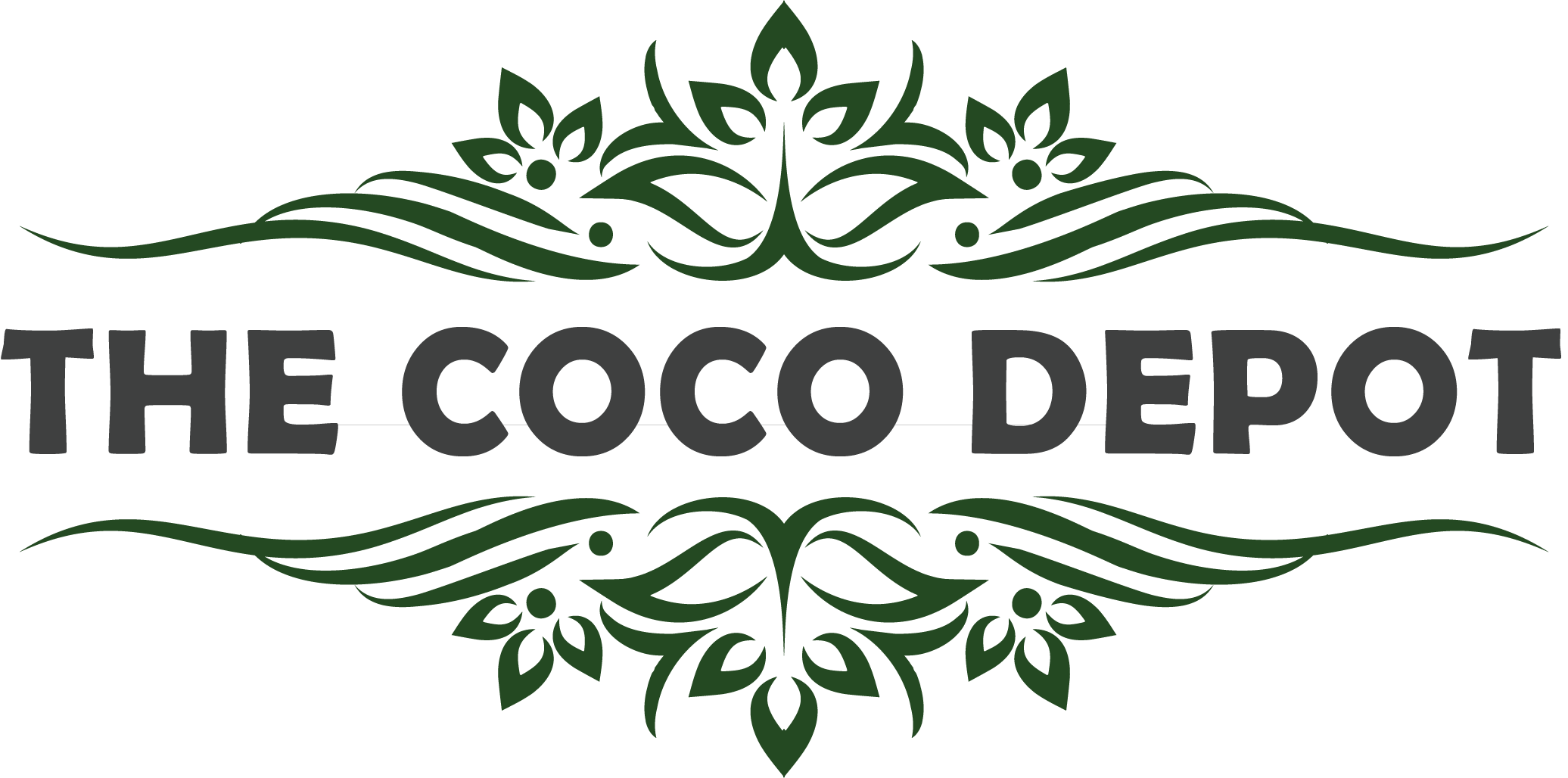In times of crisis, there always emerges a solution out of nowhere. As the saying goes Necessity is the mother of invention. Every discovery is followed by misfortune.
As such, the word Urban Farming befits as a way out for the food production crisis; enhancing the health standard of mankind.
It helps shape the future of communal farming and strengthens the bond between them. Urban farming history dates back to 3500 BC of Mesopotamia civilization, as setting aside plots in every rising city.
After a long time, it was re-discovered in the 1900s at Victorian Gardens.
There are many known facts about urban farming that impels every reader to give it a go!! So let’s find what's most intriguing reasons to start urban farming, for now.
Growing food in limited space
Urban farming shows that you can grow desired food in minimal space available. That’s been said, vertical gardening, container gardening, hydroponic gardening, and even rooftop gardening fall in the aspects of encouraging urban grow habits.
Healthy and sustainable food habit
In the era of instant food, having a healthy and substantial food routine is like picking a needle in a haystack.
That’s true, but no longer difficult; growing your food in the most convenient way that both meets health standards and anytime available.
Organic growing - puts nature back to lives
Growing in your back door, garden, terrace in no-pesticide and synthetic-free fertilizers, urban farming doesn’t entertain these harmful additives, rather rotten leaves and chopped off fruits and vegetables.
The abundant greenery of fresh fruits and vegetables lifts the sense of being within nature. As such, urban farming connects nature with our lives. That’s to say, brightening dull concrete roads and buildings.
Deep understanding of food nutrition
In the maze of affordable and accessible food markets, one needs to know what nutritionally valued food means? and how’s it important?
As per the healthy diet guidelines, one needs to focus more on Quality than calories. High-quality foods like veggies, fruits are the best way to boost health.
Deep down, urban farming conveys the message of consuming fresh and home garden vegetables and fruits.
Food production and distribution
This kind of farming minimizes the carbon footprint in growing a practice. The industrial way of food production contributes to high levels of carbon and other lethal gas to global warming.
The communal effort in local urban farming will help reduce the pressure on the food industry. And channelizing self-grown food among communities uplifts moral foothold.
Reduced food insecurity
Around the world, there are places which are anguished for food, the Food Desert. A where healthy-nutritious food is either unavailable or not affordable for the residents.
Urban farming helps alleviate food insecurity in such places by ensuring those people the opportunity of growing and produce fresh-healthy-nutrient rich food with remnant space they have.
Grow it year-round
You can grow the food of your wish at any time, anywhere within the minimal space you have. You’ll have full control of the food you grow and less to worry about the environment as urban farming is enough grown indoors.
It helps you get the food you want; the kind, whenever without reasoning as a seasonal break.
Build up a communal rapport
In metropolitan cities, taking initiative to build up urban farming communities is a new trend. This is a much-needed practice that gathers masses to bring forth revolutionary changes. It connects the people through food, eases to hunger thoughts.
It especially brings a sense of community; thanksgiving, merrymaking, and keen admiration for their food production
Minimal investment maximum return
In a narrow space, slimmer of experience you can do magic in urban gardening. Not just growing fresh fruits for your use, you can produce bountiful yield within the bounds of your budget.
The potential impact of urban farming on the global market
From the past 3 decades, urban farming has been proven as a drastic measure for falling food production. Recent stats show that about 15-20% of global food demand can be attributed to urban farming; more than 30% of US consumption comes from urban gardens.
And the Urban farming market is estimated to grow at 2.8% CAGR during the forecast period of 2021-2026.

